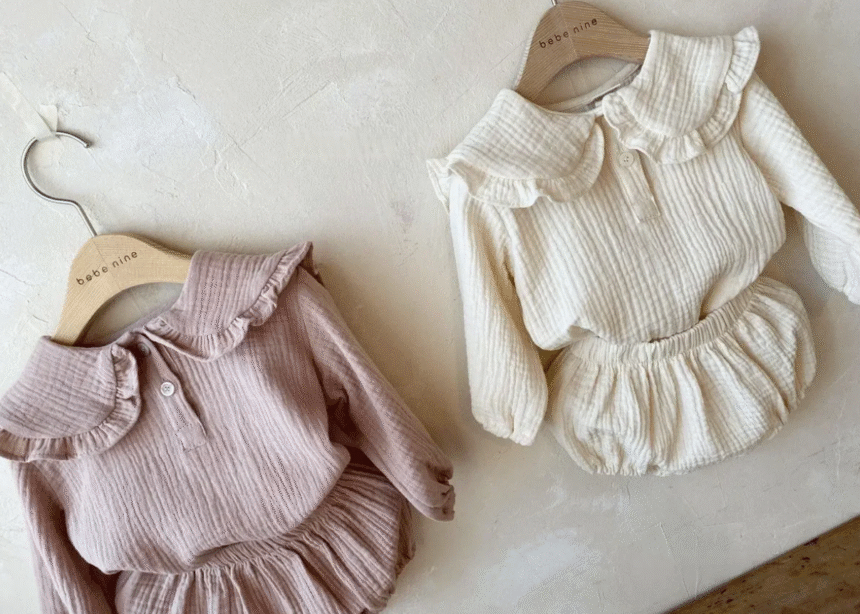In today’s world, where environmental consciousness is rapidly growing, the choices we make in our daily lives matter more than ever. One of the most impactful decisions you can make is what you wear. The fashion industry is notorious for its environmental footprint, but there is a positive shift happening—one that revolves around the adoption of cotton organic clothing. This movement is not just a trend; it’s a lifestyle change that benefits you, the planet, and future generations.
- Understanding What Is Cotton Made Of
- The Benefits of Cotton Organic Clothing
- 1. Healthier for Your Skin
- 2. Better for the Environment
- 3. Ethical Production Practices
- 4. Superior Comfort and Durability
- How to Identify Genuine Organic Cotton
- Making the Switch: Tips for a Sustainable Wardrobe
- The Future of Fashion Is Organic
Understanding What Is Cotton Made Of
To appreciate the significance of organic cotton, it’s important to understand what is cotton made of. Cotton is a natural fiber that comes from the fluffy seed pods of the cotton plant, primarily composed of cellulose. Cellulose is an organic compound that forms the structural component of plant cell walls, making cotton soft, breathable, and absorbent. These qualities are why cotton has been a staple in clothing for centuries.
However, the process of growing and harvesting cotton can vary dramatically. Conventional cotton farming often relies on synthetic fertilizers, pesticides, and genetically modified seeds. These practices can deplete soil health, pollute water sources, and harm local ecosystems. In contrast, organic cotton is grown from non-GMO seeds and cultivated without harmful chemicals, preserving the integrity of the fiber and the health of the environment.
The Benefits of Cotton Organic Clothing
Switching to cotton organic clothing is a powerful way to make a positive impact. Here’s why:
1. Healthier for Your Skin
Organic cotton is free from toxic chemicals and residues, making it hypoallergenic and gentle on sensitive skin. If you’ve ever experienced irritation from synthetic fabrics or conventionally grown cotton, organic cotton offers a soothing alternative. Its natural fibers allow your skin to breathe, reducing the risk of rashes and allergies.
2. Better for the Environment
Organic cotton farming uses significantly less water than conventional methods. It also relies on crop rotation and composting, which enrich the soil and promote biodiversity. By avoiding synthetic pesticides and fertilizers, organic cotton cultivation protects pollinators, wildlife, and surrounding communities from harmful chemical exposure.
3. Ethical Production Practices
Many brands that focus on cotton organic clothing also prioritize fair labor practices. This means workers are paid fairly, work in safe conditions, and are treated with respect. When you choose organic cotton, you’re supporting a more ethical and transparent supply chain.
4. Superior Comfort and Durability
Because organic cotton fibers are not weakened by harsh chemicals, the resulting fabric is often softer and more durable. Your clothes last longer and feel better against your skin, making them a worthwhile investment for your wardrobe.
How to Identify Genuine Organic Cotton
With the rise in demand for sustainable fashion, it’s important to ensure that the products you buy are truly organic. Look for certifications such as GOTS (Global Organic Textile Standard) or OEKO-TEX, which guarantee that the cotton has been grown and processed according to strict environmental and social criteria. These certifications also ensure that the entire supply chain, from farm to finished garment, adheres to sustainable practices.
Making the Switch: Tips for a Sustainable Wardrobe
Transitioning to a more eco-friendly wardrobe doesn’t have to be overwhelming. Start by replacing your basics—like t-shirts, underwear, and socks—with cotton organic clothing. Over time, you can expand your collection with other essentials, such as bed linens and towels. Remember, quality over quantity is key; investing in a few well-made organic pieces is better than buying lots of fast fashion items.
You can also support local brands and artisans who use organic cotton and sustainable dyes. By making thoughtful choices, you contribute to a healthier planet and a more responsible fashion industry.
The Future of Fashion Is Organic
Understanding what is cotton made of and the difference between conventional and organic cotton empowers you to make informed decisions. Cotton organic clothing is more than just a trend—it’s a movement toward sustainability, health, and ethical living. As more people embrace this change, we move closer to a future where fashion is as good for the earth as it is for us.
Make the switch today, and let your clothing choices reflect your commitment to a better world.













